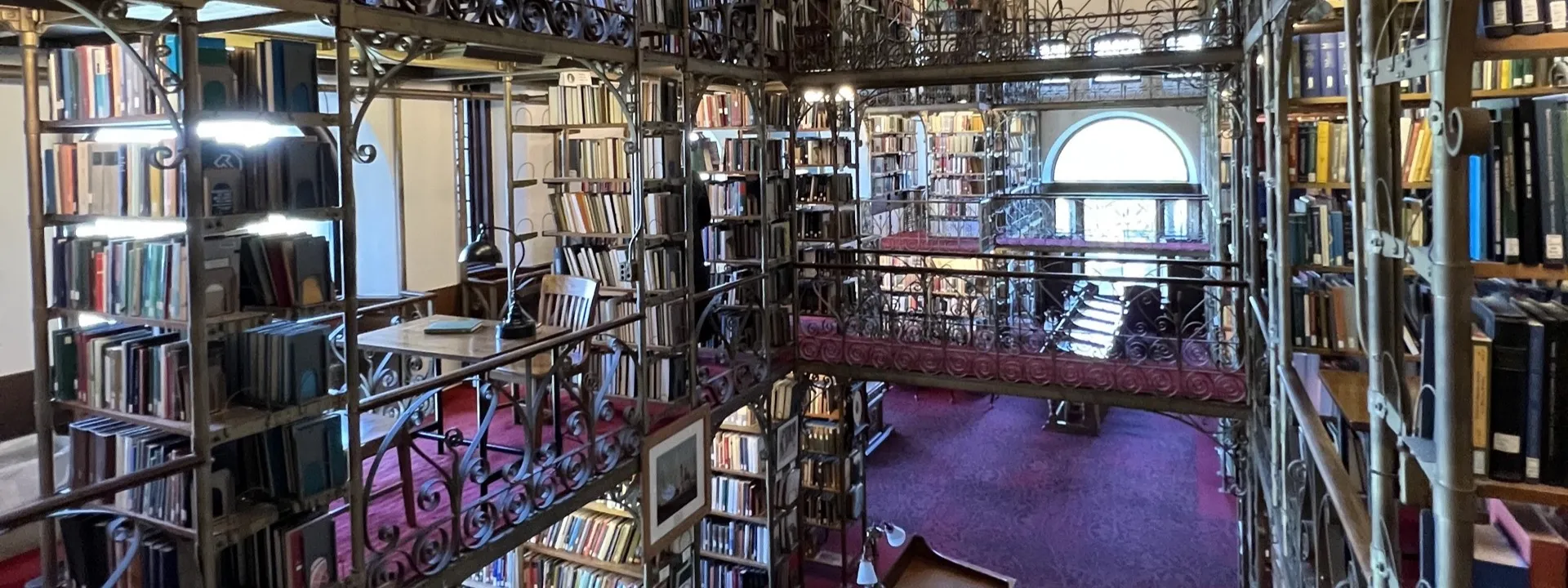
5 Best Writing Tips from Stanford that Significantly Improve Your Communication
Your writing can affect your chances, whether writing a university entrance essay, academic paper, official report, resume cover letter, or email message. Despite its pervasive significance, writing skills do not develop naturally. We’ve aggregated some helpful tips from Stanford University faculty that can significantly improve your writing.
1. Know Your Audience
Think about the people who will be reading your piece. Writing with the audience in mind will help you craft an engaging and exciting article. Before you start, identify the characteristics that fit your target audience. Who is your reader? What information interests and motivates them? How much do they know about your topic? Why do they care?
The answers to these questions will help you adjust your writing style to them. After all, you are writing with a purpose, whether you want your reader to finish reading with a sense of inspiration, gain new knowledge, or be compelled to action.
2. Communicate Your Main Point Clearly
The average length of an academic paper is over 4,100 words (between 5 to 10 pages). For this reason, state your main point clearly within the first or second paragraph of your paper. The last thing you want is for the reader to become confused halfway through your paper, trying to figure out what you are trying to express. A helpful acronym to cut the clutter is BLUF, “Bottom Line Up Front”.
3. Use the Right Language
Align your language to your audience. Expanding on the first writing tip, make sure you understand your audience. New academic writers may make the mistake of trying to sound “smart” by using fancy jargon, complex sentence structures, and advanced vocabulary. Your reader shouldn’t need a dictionary and notepad to follow along. When writing for an audience well versed in your topic, technical terminology presents no issue.
Technical or not, writing in your natural voice will make you more relatable. While providing quantitative evidence is essential (stats and percentages), synthesizing critical points in your own words – attaching them to relatable examples – can elicit an emotional connection with a broader audience. When appropriate, translate technical points into personally relevant ones to simplify the association for your audience instead of forcing them to interpret your data.
4. Expand on Your Topic
Make sure to provide proper context for your reader. Helping them connect the dots will make your writing more memorable and valuable. Barbara Jacoby, PhD., has created an excellent methodology called the Critical Thinking Model, which provides practical ways to explore and expand your writing topic. The model uses three key questions — What? So What? And What Now?
- What? - This is where you lay out the objective facts. What happened? What are the facts? What issues are addressed?
- So What? - After you have your ‘what’, explore why this information is essential. For example, what did you learn? Why is this beneficial? What are the impacts on the community addressed?
- Now What? - Finally, encourage the reader to think about what to do with the ideas you shared.
5. Improving Your Skills by Writing Often
Writing improves with practice. Some of history’s greatest writers were rejected dozens of times before fully developing their skills. In the case of writing, practice really does make perfect (or at least much better!).
Keeping a journal provides a great way to practice writing and to see if you are being redundant, wordy, or unclear. Rereading your writing aloud will help you catch mistakes or awkward phrasing more easily.
Support Your Writing with Market-Leading Research Tool
Good writing demands solid research at its foundation. At Petal, we’ve developed a comprehensive research tool to help academic writers and students gather, store, and organize their sources. Whether working on a writing project alone or as a group, our innovative platform allows students and research groups to share books, research materials, and resources with others. Join Petal for free and elevate your writing.
